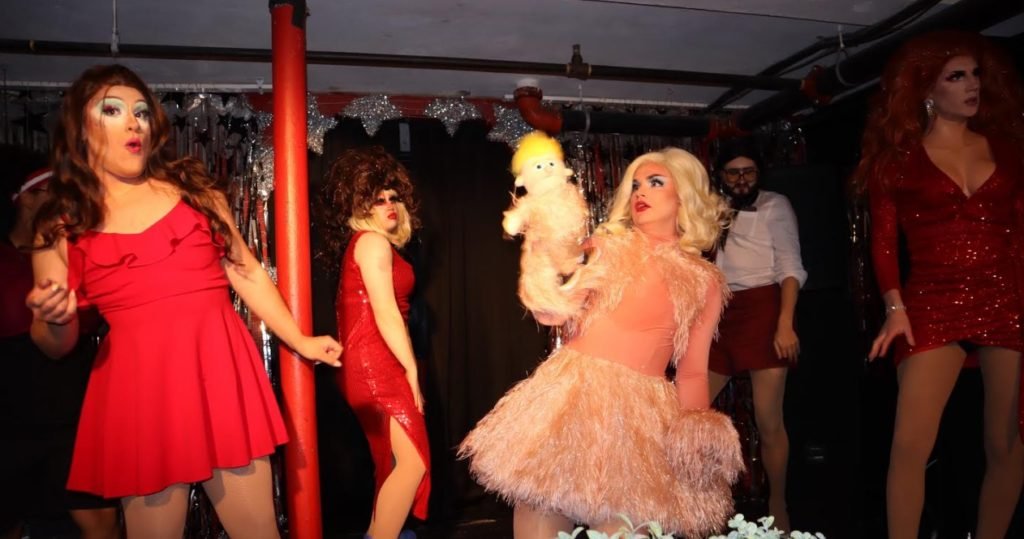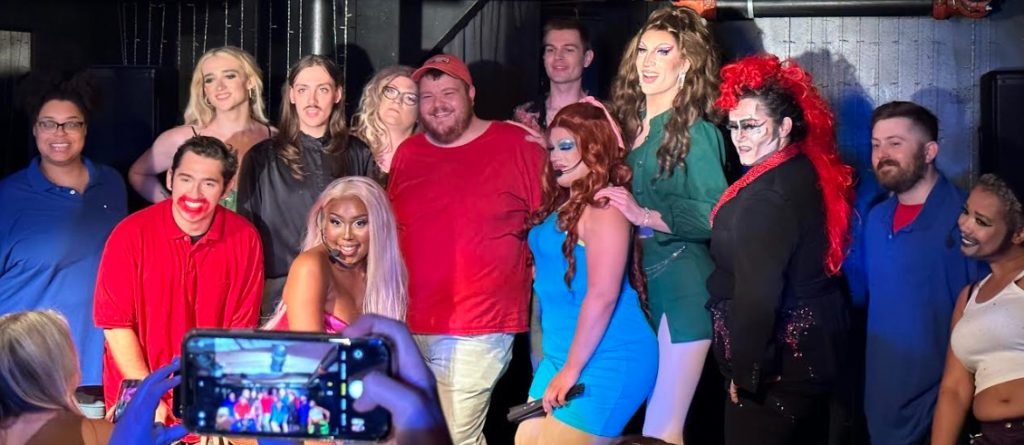By Heath Umbreit
As a trans/nonbinary person who uses they/them pronouns, I've been thinking a lot about the concept of visibility lately. Visibility is such a complex, fraught topic for trans people; being visibly trans can be emotionally draining, exhausting, and even dangerous. All we have to do is look at the commentary in the news and at the laws being passed around the country to see why. I don’t want to ignore that the struggle for rights and the difficulties of marginalization are as fundamental an aspect of visibility, of seeing, of being seen, as the other parts are. But visibility can also be celebratory, and in that spirit I want to talk about why I choose to move through the world as a visibly trans person.
The first time I visited my parents after coming out, my mother confronted me in tears. In the midst of an hours-long questioning, of wondering what she and my dad had "done so wrong" to end up with a trans child, and of trying to convince me to reconsider, she asked me to promise I would never start hormone replacement therapy (HRT). At the time, it was an easy promise—I genuinely didn’t think it was something I wanted or needed. What didn’t occur to me was that, really, my mother was asking me to promise I would never seek to become visibly trans.
As time passed and I continued my transition, the tension between who I am and how other people perceived me heightened. I had changed my pronouns, name, style of dress; but pronouns and names aren’t visible, and clothing is, realistically, gender-neutral. External observers were still putting me into one of two boxes—man or woman—depending on their individual criteria of what a man or woman looks like.
Simultaneously, I came to understand the fallacy inherent in our thinking about what it means to live in a cisgender body versus what it means to live in a transgender body. The assumption is that trans bodies are worse and less natural than cis bodies, and therefore trans bodies—visibly trans bodies—should be avoided. This is also a way of saying that defying easy categorization for other people should be avoided—because people assign you a gender based on how they perceive your body, and if your body is untranslatable to them, they won’t know how to categorize you. And so I realized that, for me, starting HRT would accomplish exactly what I wanted: it would complicate categorization for other people, it would make other people have to look again, listen again, and maybe still not know how to parse my gender. It would make other people have to consciously make a decision.
In that sense, HRT has allowed me to exercise my own agency, by taking control over how I am perceived in a way that was previously denied to me. The benefits to my mental wellbeing have been immeasurable. I love being trans, and I love my trans body, in spite of everyone and everything suggesting I should feel otherwise. For me, that’s the power of visibility: the chance to be a full-fledged person in a body that feels like home. And I would encourage everyone reading this to consider, as you go forward, how you can shift the way you look at others to make space for and celebrate and really see them for who they actually are—not just who you think they are, or should be, or appear to be at a glance.
Heath Umbreit (they/them) is trans/nonbinary and genderfluid. In their work as a librarian, they study information systems and advocate for trans inclusion. They have been a proud SpeakOUT volunteer since 2022. You can learn more about them at: www.heathumbreit.com.




